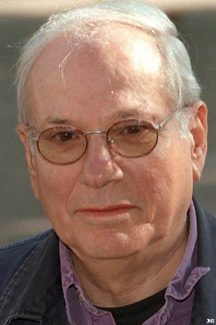
Personal freedom would not be at risk if the north African nation of Tunisia were to embrace Islamic shari’ah law, says Islamist leader Rachid Ghannouchi.
“Tunisia’s most important Islamist party would prefer to see a mild form of shari’a law implemented in the North African country rather than the ‘neo-laicism’ promoted by Turkey’s prime minister during a recent visit to Tunis,” reports staff writer Pek Yezdani in Turkey’s Hürriyet Daily News.
Turkish Prime Minister Recep Tayyip Erdoğan has made repeated calls for “neo-laicism” — government by non-clergy — in Arab countries which recently have overthrown their dictatorships. There is a fear that some will follow Pakistan and Iran, becoming radicalized Islamic republics, governed by Muslim religious law.
“Turkey is a democratic, secular and social state of law,” Erdoğan recently said in a speech in Tunisia, which threw out its government during “Arab Spring” uprisings that have swept North Africa and the Middle East.
“A secular state has an equal distance to all religious groups, including Muslim, Christian, Jewish and atheist people,” Erdoğan said during his visit to Tunis, the Tunisian capital. “Tunisia will prove to the whole world that Islam and democracy can co-exist. Turkey with its predominantly Muslim population has achieved it.”
Ghannouchi was skeptical, saying the two nations are too different: “What is meant by secularism is different between the Arab world and Turkey. In the Arab world, secularism has been linked in recent decades with dictatorship and with oppression, whereas secularism in Turkey is linked to democracy and freedom of choice,” Rachid Ghannouchi, the leader of Tunisia’s Ennahda Party, told the Turkish newspaper Friday.
He advocates official Islamic law

“Shari’a is not something that is alien or strange to our societies,” Ghannouchi said, adding that some aspects of Islamic law were already enshrined in both Tunisian and Egyptian legal codes. “We don’t see shari’a as intervening in people’s private lives and to their freedom to wear what they want. Personal freedom is very important for us.”


